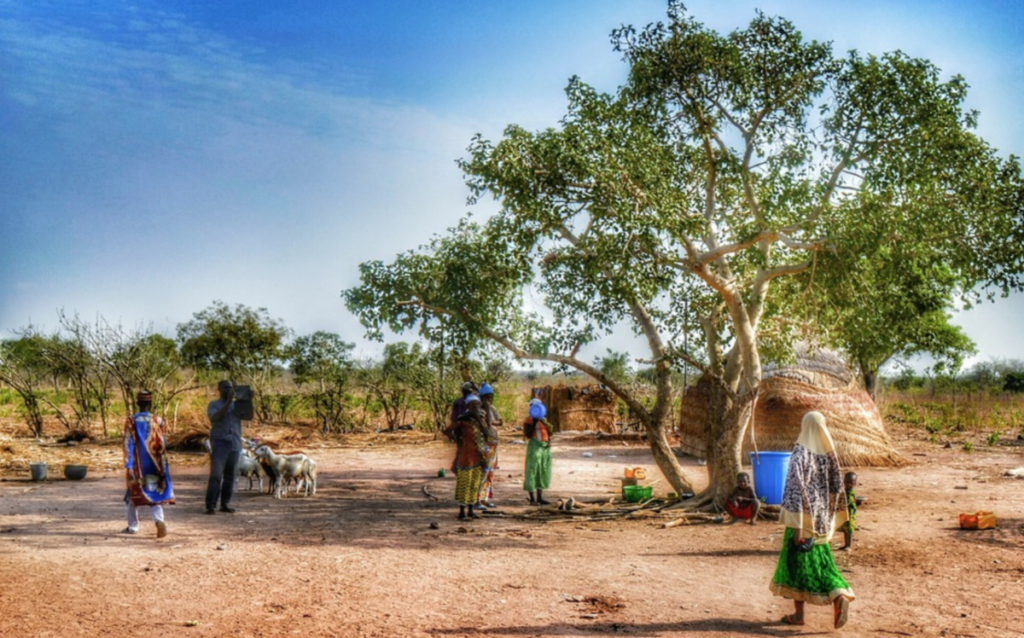Rural travel offers a unique opportunity to step away from the fast-paced life of cities and dive into the authentic traditions of communities that have preserved their cultural heritage for generations. Traveling to rural areas is not just about enjoying the natural scenery but also about experiencing the everyday life of locals, learning their crafts, tasting their traditional foods, and understanding their customs.
One of the most rewarding aspects of rural travel is cultural immersion. Visitors get the chance to participate in traditional activities such as farming, pottery, weaving, or cooking local delicacies. These hands-on experiences create a deeper connection with the community and allow travelers to appreciate the hard work and creativity behind rural life. For instance, learning to weave baskets or helping in a community farm can be a fulfilling way to engage with locals while acquiring new skills.
Festivals and community celebrations in rural areas offer another layer of cultural richness. These events, often filled with music, dance, and colorful attire, provide insight into the history and values of the people. Attending a harvest festival or witnessing a traditional wedding ceremony can be a memorable highlight for travelers seeking authentic cultural encounters.
Food is an integral part of rural culture. Travelers often get the chance to taste farm-to-table meals prepared with fresh, organic ingredients. Many rural destinations allow visitors to participate in the preparation of these dishes, learning age-old recipes passed down through generations. From hearty stews to freshly baked bread, rural cuisine often reflects the lifestyle and resources of the region.
Additionally, staying in rural homestays or eco-lodges enables travelers to live like locals, fostering a sense of connection and respect for their way of life. Conversations around the fireplace or shared meals with families provide valuable opportunities to hear stories and legends that shape the community’s identity.
Rural travel also supports sustainable tourism by promoting local economies and preserving cultural heritage. By choosing rural destinations, travelers contribute to the livelihood of artisans, farmers, and small-scale entrepreneurs.
In essence, rural travel is more than a holiday; it is an enriching cultural journey. It opens doors to traditions and practices that may otherwise remain unseen, providing travelers with unforgettable memories and a profound appreciation for simpler, community-driven ways of living.

